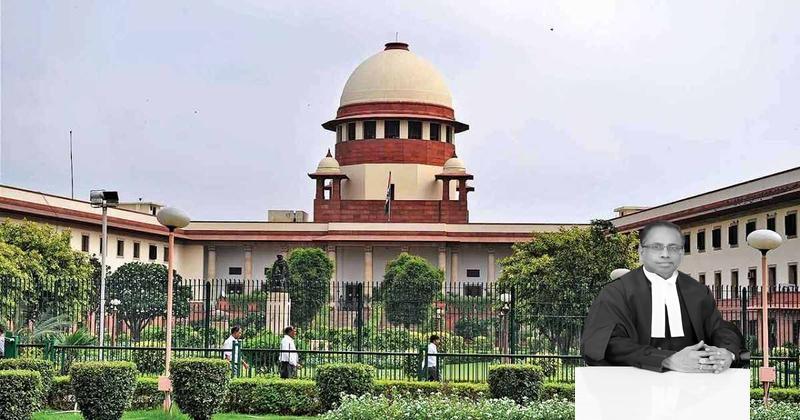In a recent legal case, the court delved into the concept of locus standi in appeals. The judgment showcased the significance of being an ‘aggrieved person’ with adversely affected legal rights to maintain an appeal. This blog post will explore the court’s reasoning behind dismissing an appeal due to a lack of locus standi, emphasizing the need for a direct impact on legal rights in order to pursue an appeal successfully.
Facts
- The defendants be directed to pay the cost of the proceedings.
- The Trial Court decreed the suit in favor of the plaintiffs.
- The registered agreement of sale dated 30.10.1989 and 05.08.1992 was deemed barred by limitation and not binding on the plaintiffs.
- The defendant-society was permanently restrained from interfering with the plaintiff’s peaceful possession and enjoyment of the property.
- Parties were directed to bear their own costs.
- The High Court observed that the plaintiffs could have set up the peculiar declaratory relief as a defense if sued for specific performance by the Housing Society.
- The appellants claimed possession based on sale deeds executed by General Power of Attorney holders of the land owners.
- The High Court noted that the appellants have an independent right derived from the sale deeds, even though the agreements of sale were in favor of the Housing Society.
- The Trial Court suggested the appellants protect their possession by filing independent suits if they are in possession of the purchased sites.
Also Read: Legal Analysis of Change in Law Compensation in Power Purchase Agreements
Arguments
- Learned Counsel for the appellants argues that the interest of the appellants is directly involved in the subject matter of the suit.
- The appellants have become absolute owners of the sites in question based on sale deeds.
- The claim of the appellants is based on sale deeds executed with the General Power of Attorney.
- There is no mention of the sale deeds in the suit or any reference to an agreement to sell.
- The relief sought by the appellants from the sale deeds is different from the decree challenged.
- The appellants have no locus standi to appeal the decree based on the sale deeds.
- Their application for leave to appeal has been rightly dismissed based on this discrepancy.
Also Read: Fair Investigation in Criminal Cases: Legal Analysis
Analysis
- The appellants are not considered aggrieved persons by the decree, as they failed to demonstrate how it adversely affects them.
- The judgment and decree of the Trial Court only bind the plaintiffs and defendants of the suit, not the appellants.
- The nature of the declaratory relief granted in the suit does not impact the interests of the appellants as the sale deeds were executed by the owners of the land.
- The suit was confined to a declaration regarding an agreement to sell and an injunction against the defendant society or its officers.
- The appellants were not parties in the suit seeking cancellation of the agreement to sell, which was distinct from the sale deeds they were involved in through a General Power of Attorney.
- The decree did not question the sale deeds executed in favor of the appellants by the attorneys of the recorded land holder, and no relief was claimed regarding those sale deeds in the suit.
- The expression ‘aggrieved person’ denotes an elastic and elusive concept.
- A person who is not a party to a decree or order may, with the leave of the Court, prefer an appeal if bound by the order, aggrieved, or prejudicially affected by it.
- An appeal under Section 96 of the Civil Procedure Code is maintainable only if the person is aggrieved and dissatisfied with the judgment and decree.
- A person aggrieved must be one whose right or interest has been adversely affected or jeopardized by the judgment and decree.
- The test to grant leave to appeal to a person not party to a proceeding is not to grant it to every person who may be remotely or indirectly prejudicially affected.
- Appellants failed to demonstrate they are prejudicially affected or that their legal rights are jeopardized by the decree
- No evidence of being ‘person aggrieved’ to maintain appeal against the decree
- High Court judgment dismissing the application to appeal found to be valid
- No mention in the plaint or suit proceedings about the sale deed executed in favor of the appellants
Also Read: Analysis of Reservations and Caste Classification in Legal Context
Decision
- The appeals have been dismissed.
- The parties are to bear their own costs.
Case Title: V.N. KRISHNA MURTHY Vs. SRI RAVIKUMAR (2020 INSC 502)
Case Number: C.A. No.-002701-002704 / 2020



